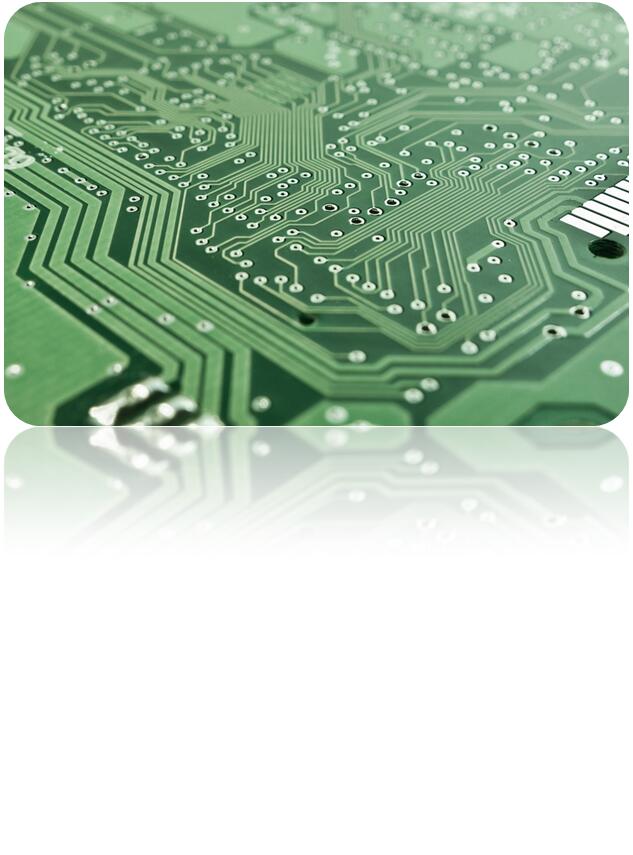Electrical engineering is a sphere of engineering that usually deals with the study and application of electricity, electronics, and electromagnetism. This field becomes a noticeable occupation in the latter half of the 19th century after commercialization of the electric telegraph, the telephone, and electric power distribution and use. This was followed by broadcasting and recording media made electronics part of daily life. The invention of the transistor, and later the integrated circuit, brought down the cost of electronics significantly such that they can be used in almost any household object.
Electrical engineering has many sub-disciplines which includes electronics, digital computers, power engineering, telecommunications, control systems, radio-frequency engineering, signal processing, instrumentation, and microelectronics. The subject of electronic engineering is often treated as its own subfield but it intersects with all the other subfields, including the power electronics of power engineering. Engineers of this field work in a very wide range of industries and the skills required are just as variable and demanding.
Sub-disciplines of Electrical Engineering
• Power Engineering : pertains to the generation, transmission, and distribution of electricity as well as the design of related devices
• Control: focuses on the modelling of a diverse range of dynamic systems and the design of controllers that will cause these systems to behave in the desired manner
• Electronics: this engineering involves the design and testing of electronic circuits that use the properties of components such as resistors, capacitors, inductors, diodes, and transistors to achieve a particular functionality
• Microelectronics: deals with the design and microfabrication of very minute electronic circuit components for use in an integrated circuit or sometimes for use on their own as a general electronic component
• Signal Processing: pertains to the analysis and manipulation of signals.
• Telecommunications: focuses on the transmission of information across a channel
• Instrumentation: this deals with the design of devices to measure physical quantities such as pressure, flow, and temperature
• Computers: deals with the design of computers and computer systems. This may include the design of new hardware, the design of PDAs, tablets, and supercomputers, or the use of computers to control an industrial plant.
Practicing Engineering:
A bachelor's degree in engineering represents the first step towards professional certification and the degree program itself is certified by a professional body. Upon completion of a certified degree program the engineer must satisfy a range of requirements before being instated as a certified engineer. Once certified the engineer is designated the title of Professional
Tools and work: electrical engineers have made vast contribution to the development of a wide range of technologies. They design, develop, test, and supervise the deployment of electrical systems and electronic devices. A typical example of what they work on is satellite communications.
Essential to the discipline are the sciences of physics and mathematics as these help to obtain both a qualitative and quantitative description of how such systems will work. Today most engineering work involves the use of computers however the ability to sketch ideas is still invaluable.

Technical work accounts for only a fraction of the work they do. A lot of time may also be spent on tasks such as discussing proposals with clients, preparing budgets and determining project schedules. Senior engineers manage a team of technicians or other engineers and for this reason project management skills are important. Strong documentation and communication is key.
The workplaces of engineers are just as varied as the types of work they do. This ranges from labs to offices of a consulting firm or even a site on a mine. During their term of occupation engineers may be acquainted with scientists, programmers, electricians and other engineers.
Studying electrical engineering is hard work but despite the demanding years of studying, it is an advantageous field which proves to be rewarding in the glory of your salary and the allowance for job flexibility.
















